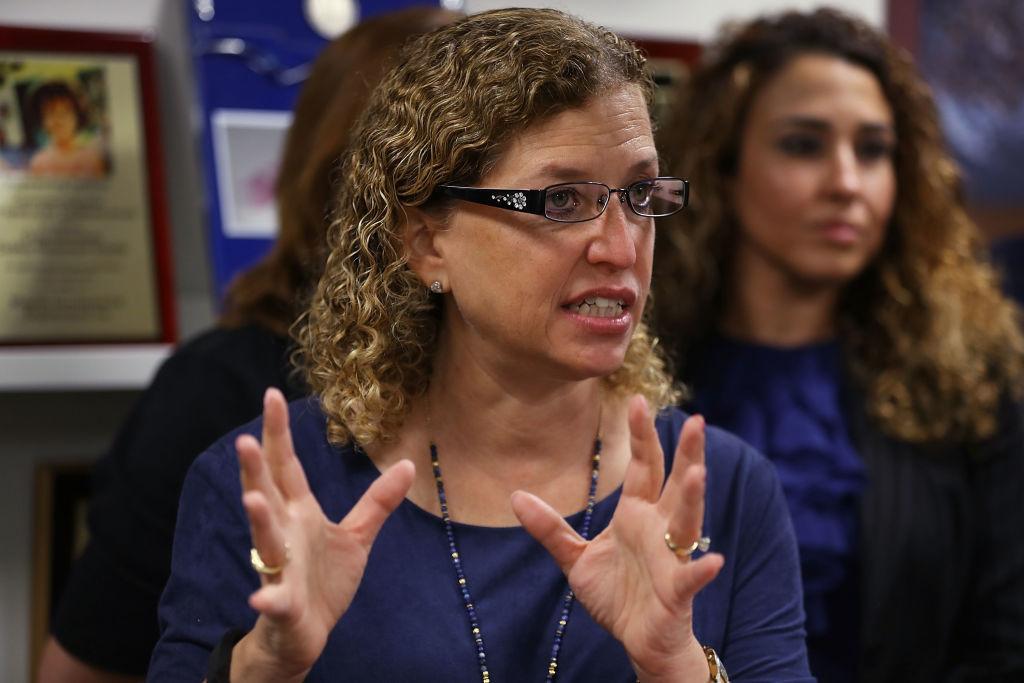The Pakistani IT workers hired by 30 Democratic members of Congress, including Debbie Wasserman Schultz (D-Fla.) maintained “continued unauthorized access” to Democratic Caucus computers and frequently accessed computers in a government conference room, according to two reports from the Office of Inspector General (OIG).
The OIG reports from Sept. 20 and Sept. 30, 2016, were included in two PowerPoint briefings allegedly given to Speaker of the House Paul Ryan (R-Wis.), Minority Leader Nancy Pelosi (D-Calif.), and the Committee on House Administration. A transcript of the presentations was obtained by The Epoch Times.





